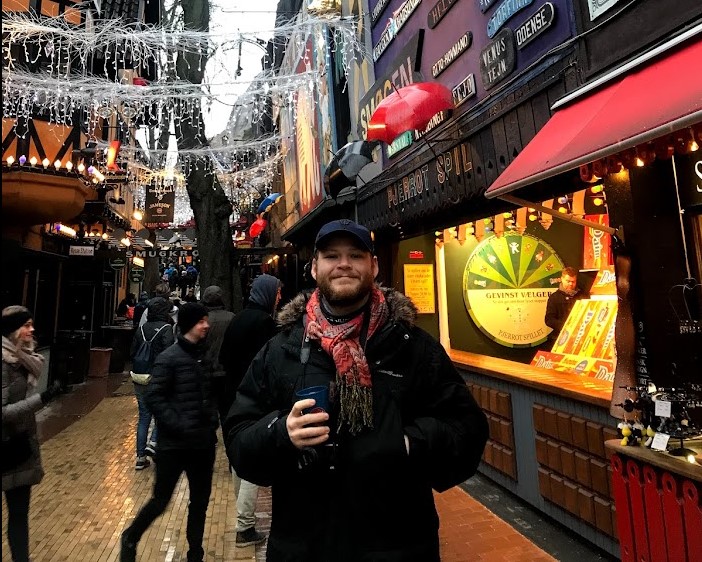In December, I accepted a position working with the International Work Group for Indigenous Affairs on the Indigenous Navigator and in the Global Governance Team
I will be coordinating the 2019 edition of the Indigenous World, and joining an amazing international team which champion indigenous peoples’ rights.
The global governance programme at IWGIA aims to ensure that indigenous peoples’ rights are respected and protected at the national, regional, and international levels. The programme focuses on three main areas: documenting human rights violations against indigenous peoples, advocating for the implementation of human rights standards and recommendations, and empowering indigenous peoples to engage in global decision-making processes. The programme works in close collaboration with indigenous partners and networks, as well as with other civil society organizations and human rights mechanisms. The programme also supports the Indigenous Navigator initiative, which provides tools and resources for indigenous peoples to monitor and report on their rights and development.
One of the key considerations for me in researching IWGIA has been its approach to partnership with indigenous peoples. IWGIA works with indigenous peoples to assert their rights and their self-determined development as a partner and ally. IWGIA is an international organization, based here in Copenhagen, that advocates for the protection, promotion and defense of indigenous peoples’ rights.
One of the key considerations for me in researching IWGIA has been its approach to partnership with indigenous peoples. IWGIA does not impose its own agenda or vision, but rather listens to and respects the voices and needs of its indigenous partners. IWGIA also provides technical and financial assistance to indigenous organizations and communities to strengthen their capacities to defend their rights.
I was drawn to work at IWGIA was their commitment to empowering indigenous peoples and respecting their autonomy. This resonated with me because of my previous experience as a Peace Corps volunteer in Zambia, where I learned the importance of listening to the local communities and supporting their initiatives. IWGIA follows a bottom-up approach, which means they partner with indigenous organizations and movements and let them lead the way. They do not speak on behalf of indigenous peoples, but stand together with them in solidarity.
A Holistic Approach to Empowerment:
At the core of my work with IWGIA will be the Indigenous Navigator project, a groundbreaking initiative that seeks to improve the quality of life of indigenous communities. The Indigenous Navigator is Indigenous-led, generating data by and for indigenous peoples themselves. By collecting and analyzing data on the implementation of their rights, indigenous peoples can assert their agency, protect their ways of life, and drive sustainable development.
I am thrilled to be a part of the IWGIA team and to work on the Indigenous Navigator project. The Indigenous Navigator is a set of tools that enable indigenous communities to monitor and document the implementation of their rights, as well as to advocate for their self-determined development. The Indigenous Navigator is based on the principles of indigenous ownership, participation and empowerment. It uses data generated by and for indigenous peoples themselves, drawing on their own knowledge and perspectives.
The Indigenous Navigator project was launched in 2014 and has been piloted in six countries: Peru, Kenya, Cameroon, Suriname, Thailand and Nepal. Joining as one of two programme coordinators at IWGIA on the Indigenous Navigator, I will be providing support to the current phase, which has seen expansion from those six countries to 11. The project has also developed a global data portal that provides access to the data and tools online. I look forward to learning from the experiences and insights of the indigenous partners and to supporting them in their efforts to use data for change.
I believe that the Indigenous Navigator is a powerful tool that can help advance the recognition and realization of indigenous peoples’ rights in line with the UN Declaration on the Rights of Indigenous Peoples, the World Conference on Indigenous Peoples and the Sustainable Development Goals.
To learn more about IWGIA and their invaluable work, visit their website: www.iwgia.org.

Leave a Reply